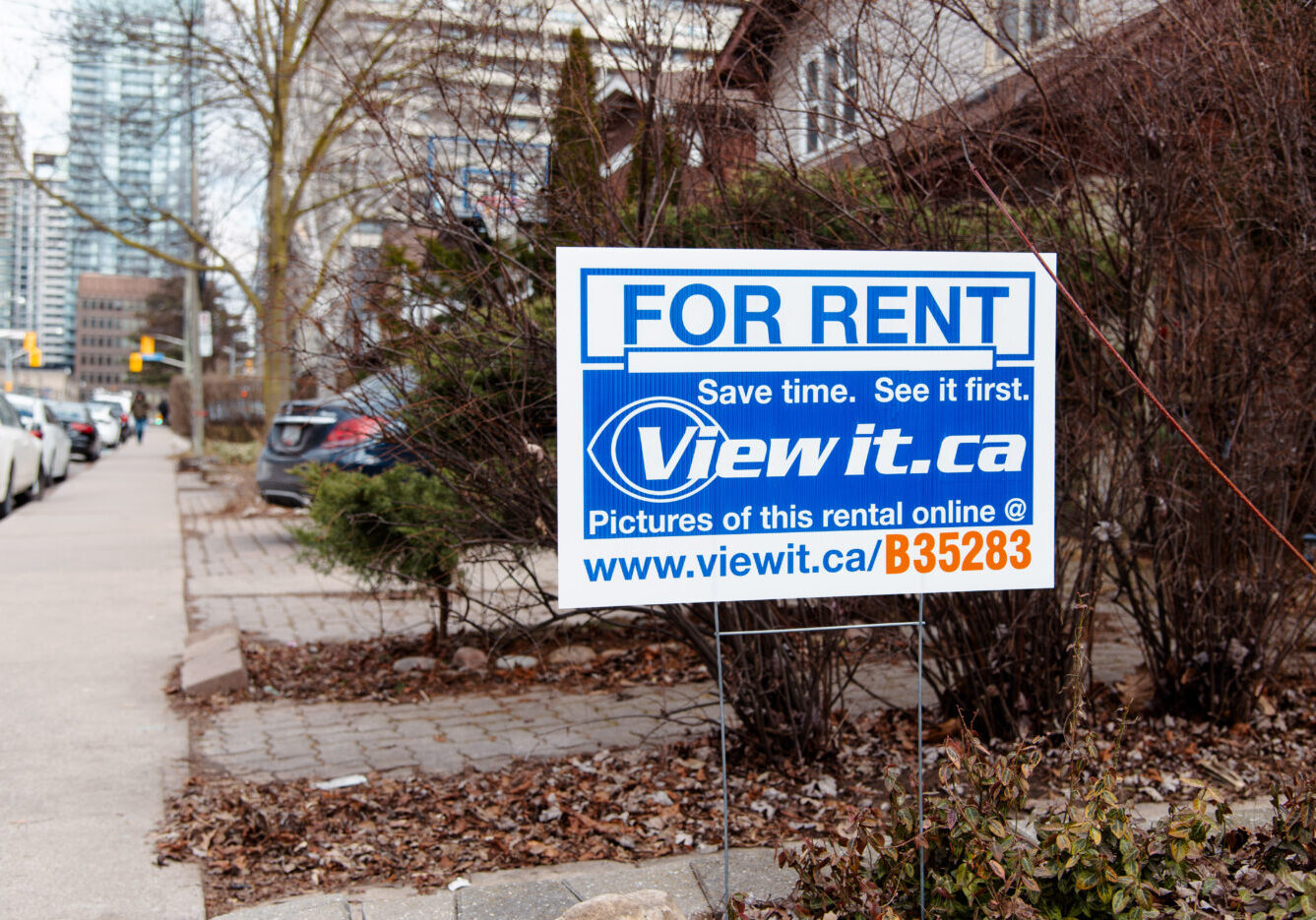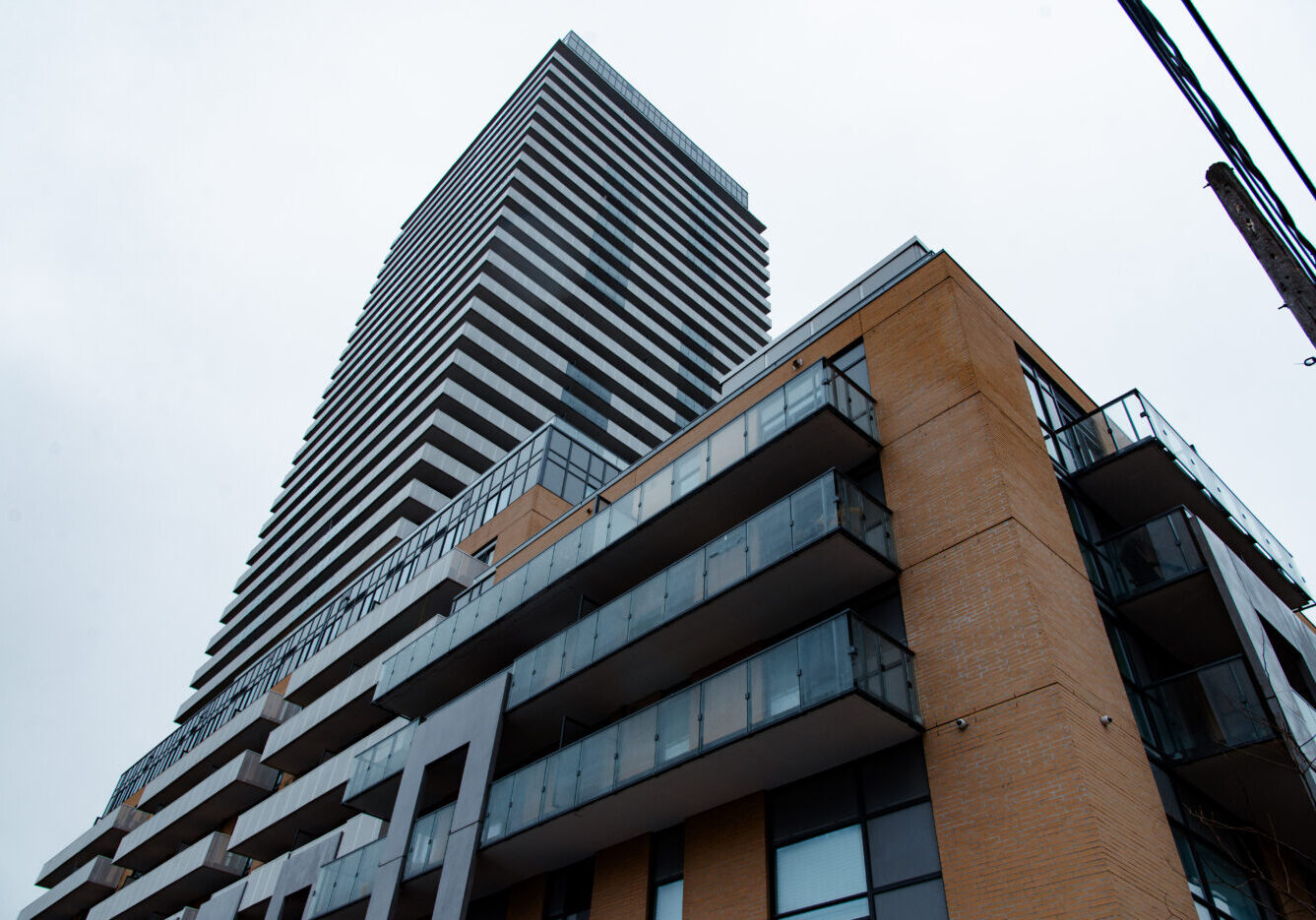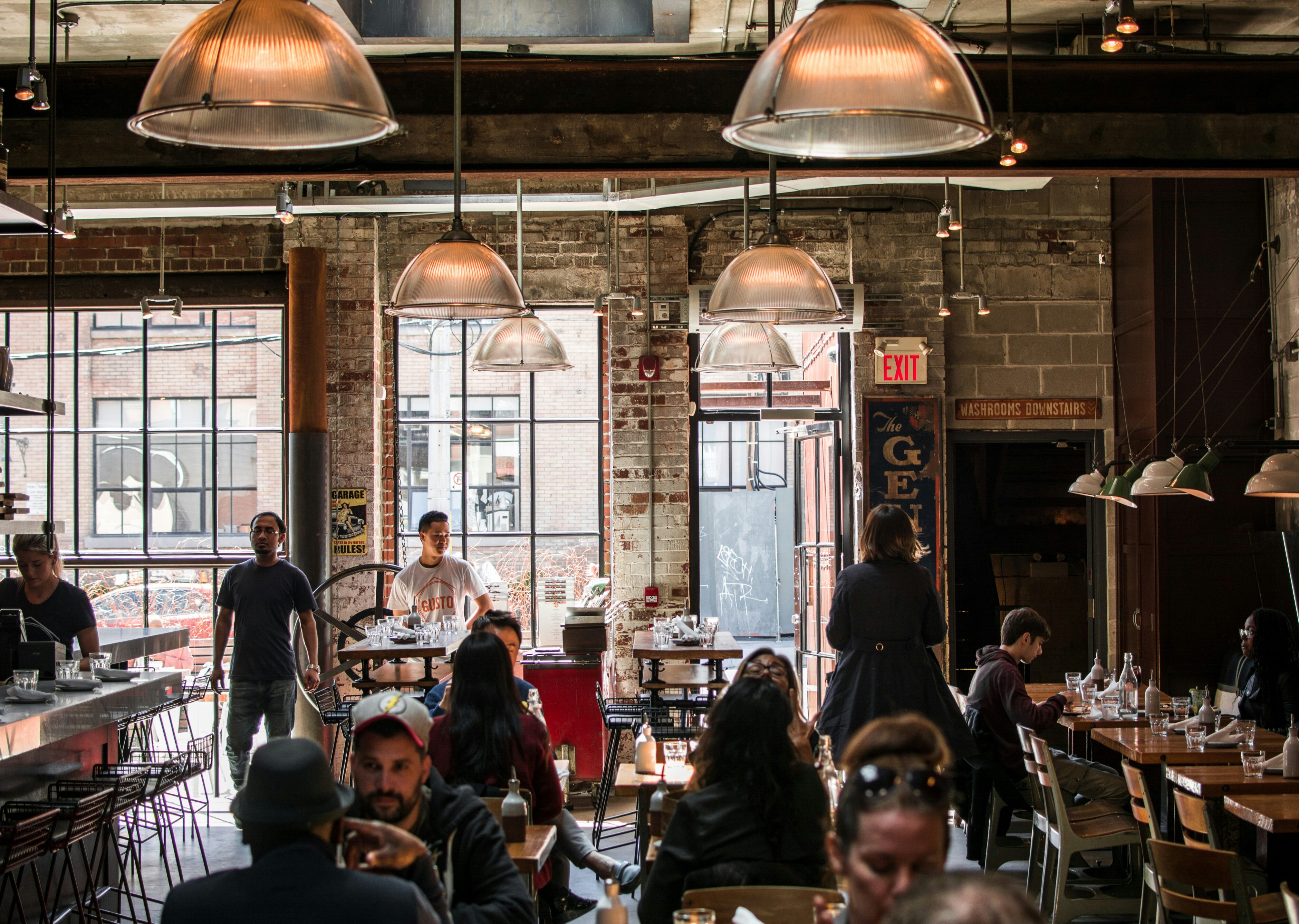THE GREEN LINE
ACTION JOURNEY STORY
Silenced and scrambling: Toronto tenants navigate 'renovictions' and landlord fears in city's rental maze
Expert analysis shows that landlords kick out their tenants to perform renovations and raise their rent, leaving some renters afraid to confront them — even when they feel they’re right.

Some landlords evict tenants to perform extensive renovations, called 'renovictions,' after which they tend to increase the asking rent — at times doubling it.


ALOYSIUS WONG
Toronto Metropolitan University Master of Journalism graduate. Lives in North York where he prays that the Eglinton Crosstown will eventually be completed.
March 11, 2024
This story is part of The Green Line's Action Journey on Toronto's housing crisis. Our seven-part story series examines the impossible climb towards home ownership, precarious rental situations and the pipeline from unaffordability to living on the streets.
Sign up for our storytelling event and Story Circle on March 19, 2024, where attendees will share their experiences with the city's housing market and brainstorm community-led solutions to navigate housing in Toronto. Dinner and refreshments will be provided.
Even tenants who make a point of standing up for their rights can still find themselves at the mercy of power dynamics in Toronto’s precarious housing system.
Amelia, a 26-year-old who moved here last summer after living in Vancouver for seven years, describes a rental situation some of her friends were in, where their walls swelled up due to a punctured sink water pipe. After their landlord made a “shoddy” initial repair, the group threatened to withhold rent to get him to take the issue seriously enough to redo the repair.
“He was being so annoying about repairing this, and it was just such a fiasco for them to use their shower,” says Amelia, who asked The Green Line not to publish her real name out of concern that future landlords would use her comments to disqualify her.
Eventually, she explains, her two friends got their landlord to financially compensate them with $400 each or 30 per cent of their monthly rent. But they felt that it was a risky move. “They were worried about a renoviction in the middle of winter ‘cause what if this guy pulls out all the drywall [and says], ‘No, actually, we need to renovate this whole unit.’”
Amelia says Toronto needs to have more extensive tenant protections, such as rent and vacancy control, which would limit the amount landlords can increase rent for current tenants and between tenants.
Her anxieties are shared by many. Ivan, a 40-year-old who’s fighting a 2021 eviction for non-payment of rent, also asked The Green Line not to publish his real name over worries it would impact future lease applications.
In Ivan’s case, his former landlady refused to add him to the lease for a unit in a three-bedroom apartment he rented from 2015 to 2021 — but insisted he was responsible for finding roommates and paying rent for all three bedrooms.
Eventually, Ivan claims his landlady began “constant renovations” in an effort to push him out of the downtown apartment. She changed his windows so he couldn’t use a window air conditioner anymore, making his room “swelteringly hot.” (Ivan says a new air conditioning unit was installed later on, but the landlady “refused to turn it on.”)
In 2021, his landlady issued Ivan an L1 — an application to evict for non-payment of rent — because he refused to pay for all three bedrooms in the unit. Ivan took his case to the Landlord and Tenant Board (LTB), and although he believes he’ll win, he couldn’t afford to remain in the unit until the matter was resolved.
Ivan spent months looking for a new place in a similar price range, but instead found living situations that were untenable or downright illegal. He still recalls some of the particularly egregious ones.
“The basement was just a totally open space with a concrete slab floor,” he says, describing a basement unit priced at over $1,600 a month. “In one corner of it, there was a toilet behind a shower curtain. There's a utility sink, and that is the bathroom.”
In March 2023, Ivan eventually settled for a studio apartment for $1,875 a month — more than double the $800 monthly he paid for the room in his former home. But even his current place required extensive measures and documentation to secure. Ivan describes overhearing white-collar professionals with incomes upwards of $90,000 at the building’s rental office pleading for a unit.
“It's a brutal housing market,” he says.

Tenants at 22 John St. organized a rent strike to protest skyrocketing rents. Ontario doesn't have vacancy control, which means landlords can increase rent by any amount between tenants, creating an incentive to 'renovict.'

PUSHED OUT THE (RENOVATED) DOOR
Ivan believes he was pressured to leave his previous unit because his landlady wanted to mark up rent.
He says rent for all three rooms when he was “forced out” was $2,100 a month; today, it’s $3,400.
That’s just one example of what experts and tenant advocates call “renoviction,” a practice where landlords evict or pressure tenants in rent-controlled units to leave, so they can make renovations and charge much higher rents between occupancies.
An April 2023 report from RenovictionsTO, a volunteer-run research project that tracks renovictions across Toronto, found that renovations are commonly used by landlords to close a “rent gap” — that is, the difference between what existing tenants pay and what landlords could charge new tenants. Because Ontario doesn’t have vacancy control, landlords can increase the rent by any amount between tenants. That’s why many evict longtime renters to do extensive renovations on the property, and then raise rent — sometimes doubling it — on the updated unit.
The report acknowledges that there are some measures available to tenants, such as remaining in place while the LTB determines whether or not a renovation is legitimate. The Ontario government also passed Bill 184 in 2020, which requires landlords to provide one month’s rent to tenants facing renoviction, and allows the LTB to double fines against landlords found to have evicted tenants for renovations in bad faith. But after analyzing over 160 cases of renoviction throughout Toronto, RenovictionsTO argues that in practice, these financial penalties for landlords are “exceedingly rare” and their potential long-term profits often offset their fines.
In its report, RenovictionsTO writes, “Displacing tenants, not renovation, is the primary objective. If landlords were sincerely interested in improving the housing conditions of existing tenants, they would work with tenants to repair and upgrade tenants’ homes without evicting them.”
Next in The Green Line Housing Crisis Action Journey Story Series: How 'demovictions' blow up affordable rentals — and the communities that rely on them
Fact-Check Yourself
Sources and
further reading
Don't take our word for it —
check our sources for yourself.
